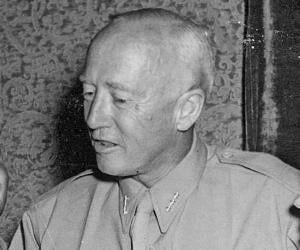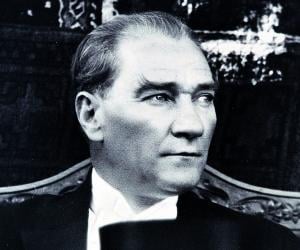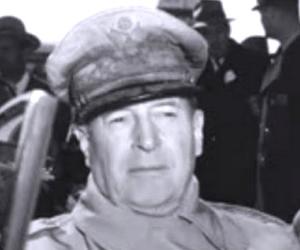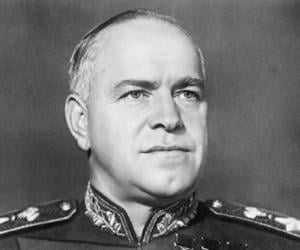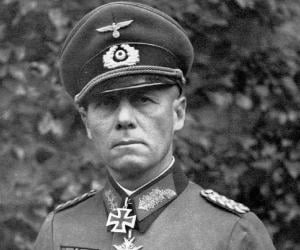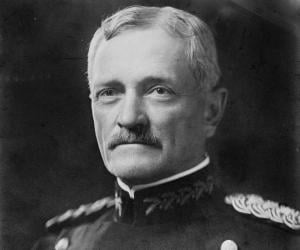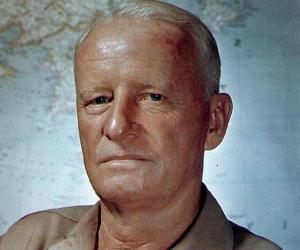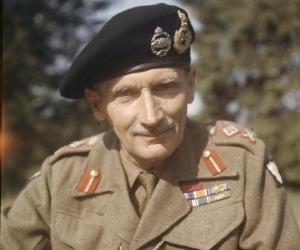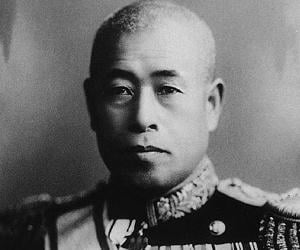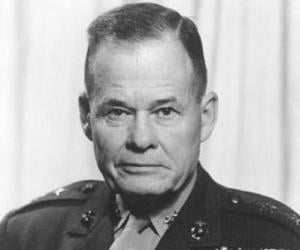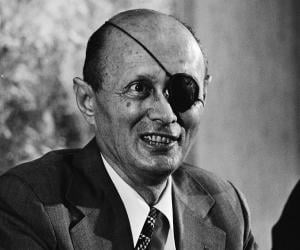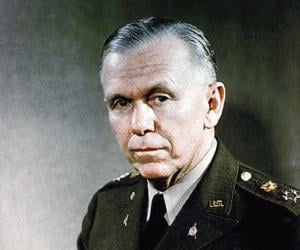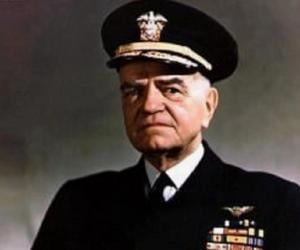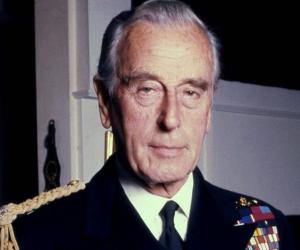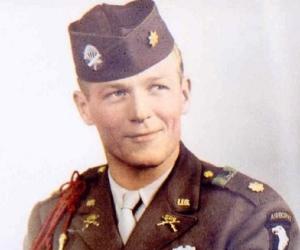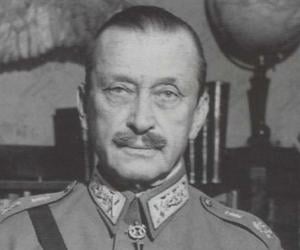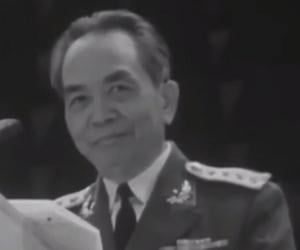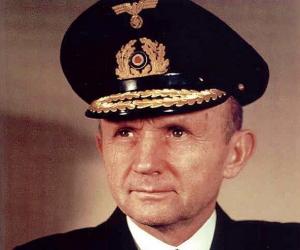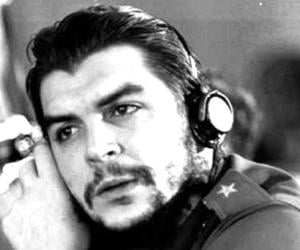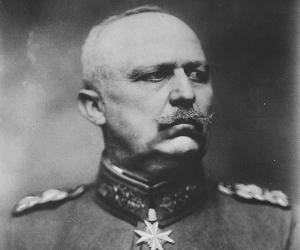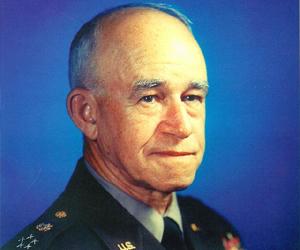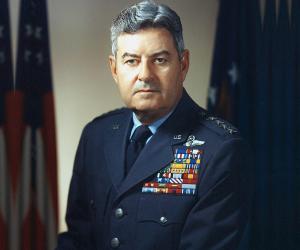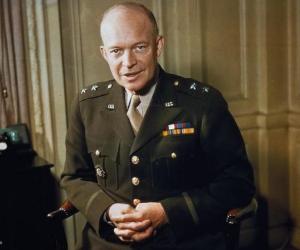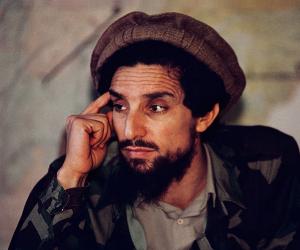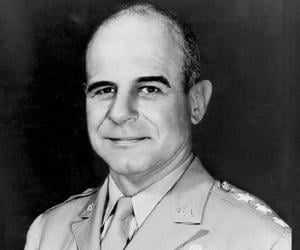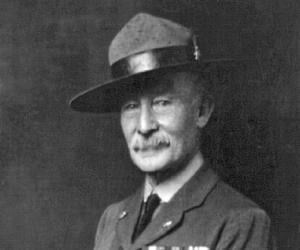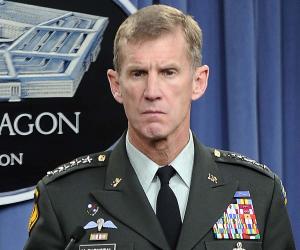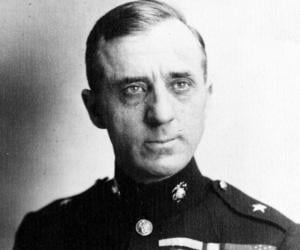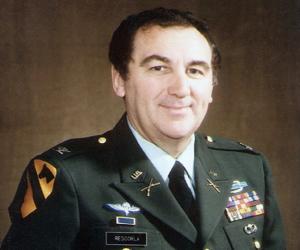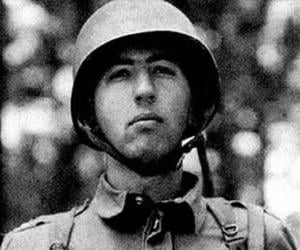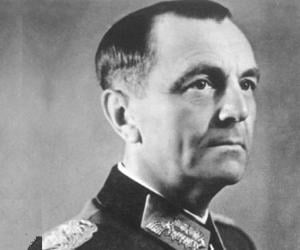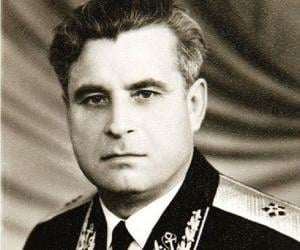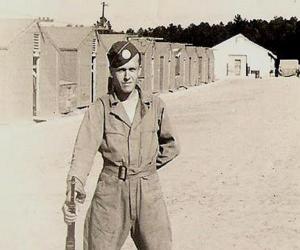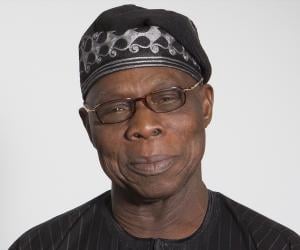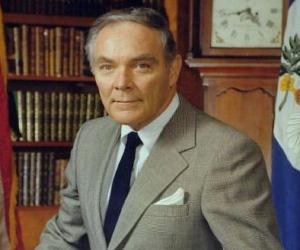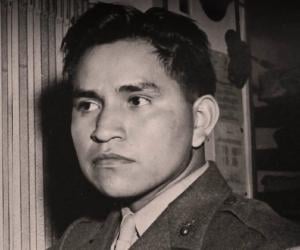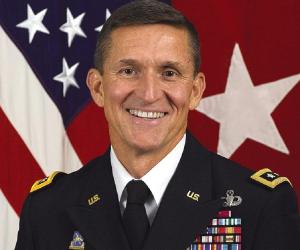George Patton was a general of the US Army, remembered for his work as a commander of the Seventh United States Army during World War II. He is also remembered for commanding the Third Army in the Western Front in June 1944 after the Allied invasion of Normandy. His life and work inspired the 1970 epic biographical war film Patton.
Soviet general and Marshal of the Soviet Union, Georgy Zhukov, is remembered for overseeing some of the Red Army's most decisive victories during the Second World War. As a young man, he served in the First World War and the Russian Civil War. The recipient of four Hero of the Soviet Union awards, he was made the defence minister.
Known as The Desert Fox, Nazi field marshal Erwin Rommel led the Axis forces during World War II. For his plot to assassinate Hitler in 1944, he was given a choice to either commit suicide by consuming a cyanide pill or face a trial and execution. He chose the former.
John J. Pershing was a senior United States Army officer who served as the commander of the American Expeditionary Forces (AEF) in World War I. In his later years, he mentored generals who led the United States Army during World War II. He was promoted to General of the Armies rank, the highest possible rank in the United States Army.
Chester W. Nimitz was part of the United States Navy where he served as a fleet admiral. He played a key role during World War II, commanding the US Pacific Fleet and the Allied air, sea, and land forces. He also played a crucial role in acquiring approval to develop USS Nautilus, the first nuclear-powered submarine in the world.
Bernard Montgomery, 1st Viscount Montgomery of Alamein, was a British Army officer who played important roles in World War I, World War II, and the Irish War of Independence. He commanded the British Eighth Army during the Second World War and also oversaw the operations during the Battle of Normandy. Bernard Montgomery has a couple of statues dedicated to him.
Born to Ukrainian Jewish immigrants, military leader/politician Moshe Dayan, grew up to be an revered for his exploits against Israel’s Arab neighbors. His invasion of the Sinai peninsula is etched in his memoir, Diary of the Sinai Campaign. Following his death, his eye patch was sold on eBay for US$75,000.
George Marshall was an American statesman and soldier who played a key role in the Allied victory during the Second World War. Marshall served as the third US Secretary of Defense from 1950 to 1951. As Secretary of State, George Marshall advocated economic recovery programs to aid post-war European countries, for which he was honored with the Nobel Peace Prize.
The last Viceroy of India and the first governor-general of independent India, Lord Mountbatten was a British Royal Navy officer and statesman. Born to a prominent aristocratic family in England, he had a successful military career and was made the NATO Commander Allied Forces Mediterranean in his later career. He was assassinated in 1979.
Carl Gustaf Emil Mannerheim was a Finnish statesman and military leader who served as the leader of the White Guard during the Finnish Civil War of 1918. He also played a key role during World War II where he served as the Chief of Defense of Finland's defense forces. Thanks to his achievements, Mannerheim is regarded as Finland's greatest statesman.
Võ Nguyên Giáp was a politician who also served in the Vietnam People's Army as an army general. Regarded as one of the 20th century's greatest military strategists, Giáp played key roles as a military commander in the First Indochina War and in the Second Indochina War. He is also credited with laying the foundation for the Annamite Range trail.
Argentine Marxist revolutionary, Che Guevara, was a major figure of the Cuban Revolution. A physician by profession, he developed radical views upon witnessing the injustices in the world and joined Fidel Castro’s revolutionary 26th of July Movement. Assassinated in 1967, he remains both a revered and reviled historical figure.
German military leader Erich Ludendorff gained fame with the victories at Liège and Tannenberg during World War I. He promoted the theory that Marxists, Jews, and Freemasons were responsible for Germany’s defeat in the war. He later became a military theorist, writing books such as The Total War.
The 34th president of the United States, Dwight D. Eisenhower held office from 1953 to 1961. An army officer During World War II, he was part of many successful operations. He signed the Civil Rights Act of 1957, and his two terms as president saw widespread economic prosperity in USA. He is ranked high among American presidents.
Ahmad Shah Massoud was an Afghan military commander and politician. From 1979 to 1989, he played an important role in the Soviet-Afghan War, where he served as a powerful guerrilla commander. He was nicknamed Lion of Panjshir for his role in the war. Massoud was assassinated by Al-Qaeda in 2001. His death anniversary is observed as a national holiday in Afghanistan.
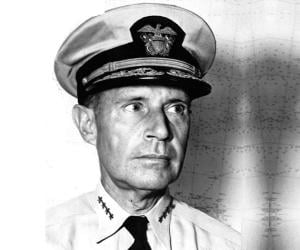
Jimmy Doolittle was an American aviation pioneer and military general. Apart from winning many flying races, Doolittle also helped develop instrument flying. He was the brains behind the Doolittle Raid, the air raid that served as retribution for the Japanese attack on Pearl Harbor during World War II. His work during the raid earned him the prestigious Medal of Honor.
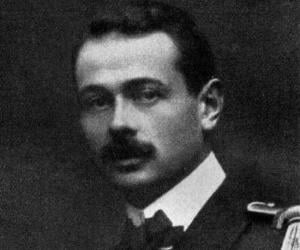
Georg von Trapp, or Captain von Trapp, was an Austrian naval officer who led the Trapp Family Singers, the family that inspired the play and the film The Sound of Music. An able military man, he had also been part of World War II and was knighted by the Austrian government.
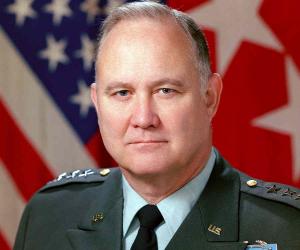
Retired United States Army general, Stanley A McChrysta,l is best known for his command of Joint Special Operations Command (JSOC) during the 2000s. He was described as "perhaps the finest warrior and leader of men in combat I ever met" by Former Defense Secretary Robert Gates. Following his retirement, he began teaching courses in international relations at Yale University.
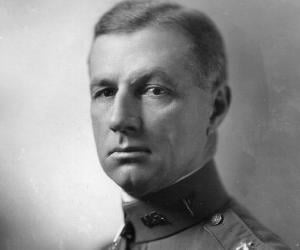
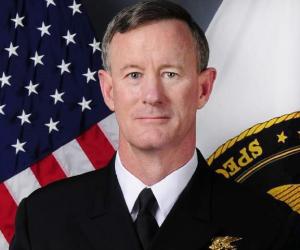
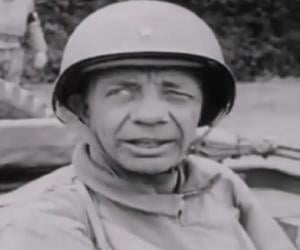
Rick Rescorla was a British American police officer, soldier, private security specialist, and educator. He is best remembered for saving thousands of lives by anticipating the 9/11 attacks and implementing evacuation procedures while serving as the director of security for the banking and financial services firm, Morgan Stanley, at the ill-fated WTC on September 11. Rescorla died during the attacks.
Herbert Sobel was an American military man who commanded Easy Company during World War II. Although he played a key role during the war, Sobel was despised by his soldiers due to his arrogance. In the 2001 war drama miniseries Band of Brothers, Herbert Sobel was portrayed by David Schwimmer.
Friedrich Paulus was a German field marshal who played a major role in World War II. He is best remembered for his role in the Battle of Stalingrad, where he commanded the 6th Army. As German General Staff's deputy chief, he also helped plan Operation Barbarossa, the code name for the invasion of the Soviet Union.
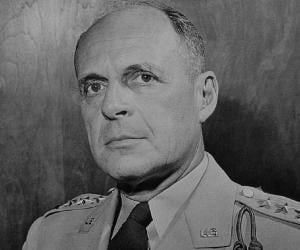
Vasili Arkhipov was a Soviet Navy officer who played a crucial role in the Cuban Missile Crisis. He prevented a Soviet nuclear strike, which could’ve easily caused an all-out nuclear war. He refused to authorize the use of nuclear torpedoes, for which he was posthumously honored with the Future of Life Award by the Future of Life Institute in 2017.
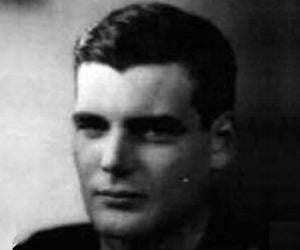
Carwood Lipton was a United States army officer who served during World War II. Lipton, who played a major role in the Battle of Normandy and Battle of the Bulge, was honored with three Purple Hearts and two Bronze Star medals. In the popular TV war drama miniseries Band of Brothers, Carwood Lipton was portrayed by actor Donnie Wahlberg.
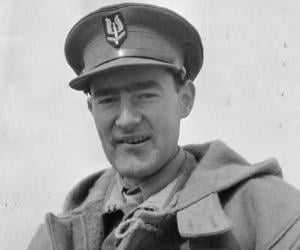
Scottish-born British Army officer David Stirling was known for his exploits in World War II, during which he formed and led the British Special Air Service (SAS). Following the war, he focused on combating racism in colonial Africa and even formed a foundation for animal conservation. He was knighted for his achievements.
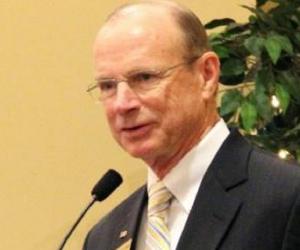
Author, academic, and public policy fellow David Eisenhower teaches at the University of Pennsylvania. Best known for his Pulitzer Prize-shortlisted book Eisenhower at War: 1943-1945, he is the grandson of former U.S. president Dwight D. Eisenhower and the son of John Eisenhower. He is also the son-in-law of Richard Nixon.

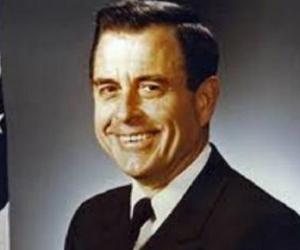
Michael Flynn is a retired US Army lieutenant general who played a key role in dismantling insurgent networks in the Iraq and Afghanistan wars. He also helped shape the US counterterrorism strategy in the wars. He also played a major role in the 2016 US presidential election, serving as Donald Trump's senior advisor throughout the latter's presidential campaign.
